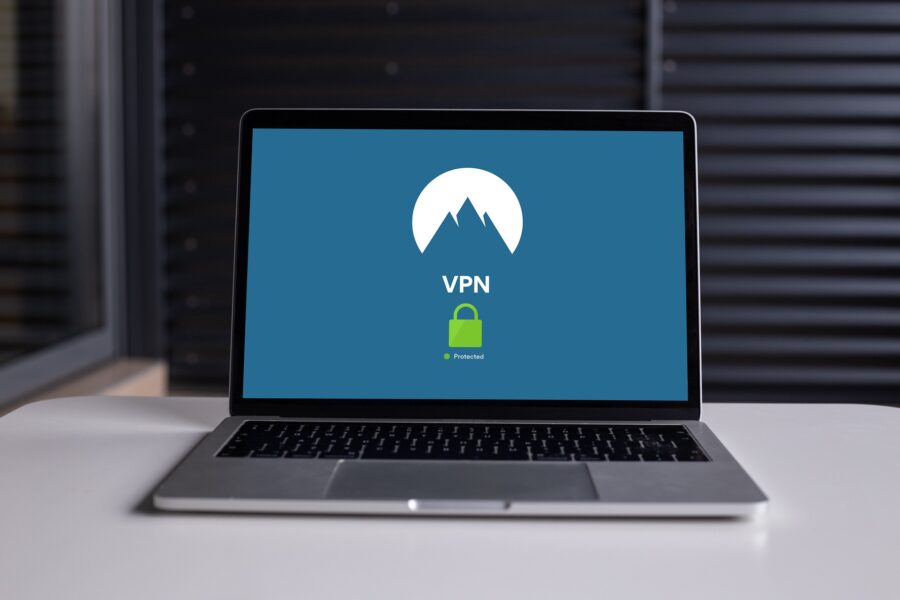4 Things to Know About VPN Connections

If you’re considering using a VPN service to protect your online activity, you need to know a few things before you do so. These include the speed of the VPN connection, the service’s limits, and the service provider’s logging policy. By following these tips, you can be sure that your online activities are safe.
Privacy of VPN connection
A VPN connection is a secure way to connect to a public network, ensuring that no one can monitor your activity. VPNs use SSL/TLS or IPsec encryption protocols to protect the connection between devices. Each device establishes its encryption key and encodes and decodes the information sent between them. This encryption process adds latency to the network.
A VPN is useful for people who are concerned about privacy and security. A VPN service will protect your internet data from hackers and snoopers and hide your true location from internet snoopers. Using a public Wi-Fi network is not always secure, and an unsecured connection is a prime target for hackers. Hackers can use your data for identity theft and blackmail.
If you regularly log into online banking or pay your credit card bill online, a VPN is essential. A VPN protects you from this by encrypting your connection and rerouting all information to reach your screen.
Limitations of VPN service
While a VPN service has many benefits, there are also some limitations. Not all VPNs are created equal; some can be unreliable or fail to perform. Often, these shortcomings can be caused by poor implementation or bad habits. The most common problems with VPNs are performance, scalability, and protection against advanced cyberattacks. In addition, VPNs encrypt user data, which means that data must travel to and from the server, and the longer the data travels, the slower it will be.
Other limitations of VPN services can limit how much data you can send and receive over some time. Some VPNs have a monthly limit, while others restrict the speed at which you can send and receive data. If you don’t plan to use a VPN for streaming video, it is essential to check the speed and data limits of the service before using it.
Another limitation of VPN services is that they don’t support all operating systems and devices. VPNs generally support most devices and platforms, but some aren’t as popular. As a result, you’ll need to manually set up the VPN connection on these platforms. Although you can still connect to these unsupported platforms using an ethernet cable, this will dramatically slow down your online speed.
Logging policies of VPN service provider
When choosing a VPN service provider, it’s important to look at its logging policies. Some VPN providers keep logs of user activity, but others don’t. These logs are used for performance and troubleshooting purposes. For instance, an app may store crash data to help developers analyze the problem and prevent it from happening again. Additionally, some VPNs are required by law to keep logs of user activity. The data logged by a VPN service provider includes information about the user’s internet usage. These logs include IP addresses, browser histories, and data packet sizes. Depending on the service, some of this data can be used for customer support and to combat malicious use. Others are used to measure the effectiveness of service and to improve it.
Another important factor to consider when choosing a VPN service provider is the location of the service. Regardless of whether a service provider is located in the United States or elsewhere, it will still be subject to certain laws and regulations.
Speed of VPN connection
Speed is a critical factor for any VPN connection. Many ISPs limit the speed of their customers’ internet connections, and VPNs help bypass these limits. However, VPN speeds are dependent on several factors. One important factor is the quality of the VPN server you are using. Use a server that can handle a minimum of 100 Mbps for the best results.
VPN connection speed depends on two components: throughput (the amount of data transferred in a specific period) and latency (the time it takes for a request to be delivered). Several strategies can improve both. Some are better than others.